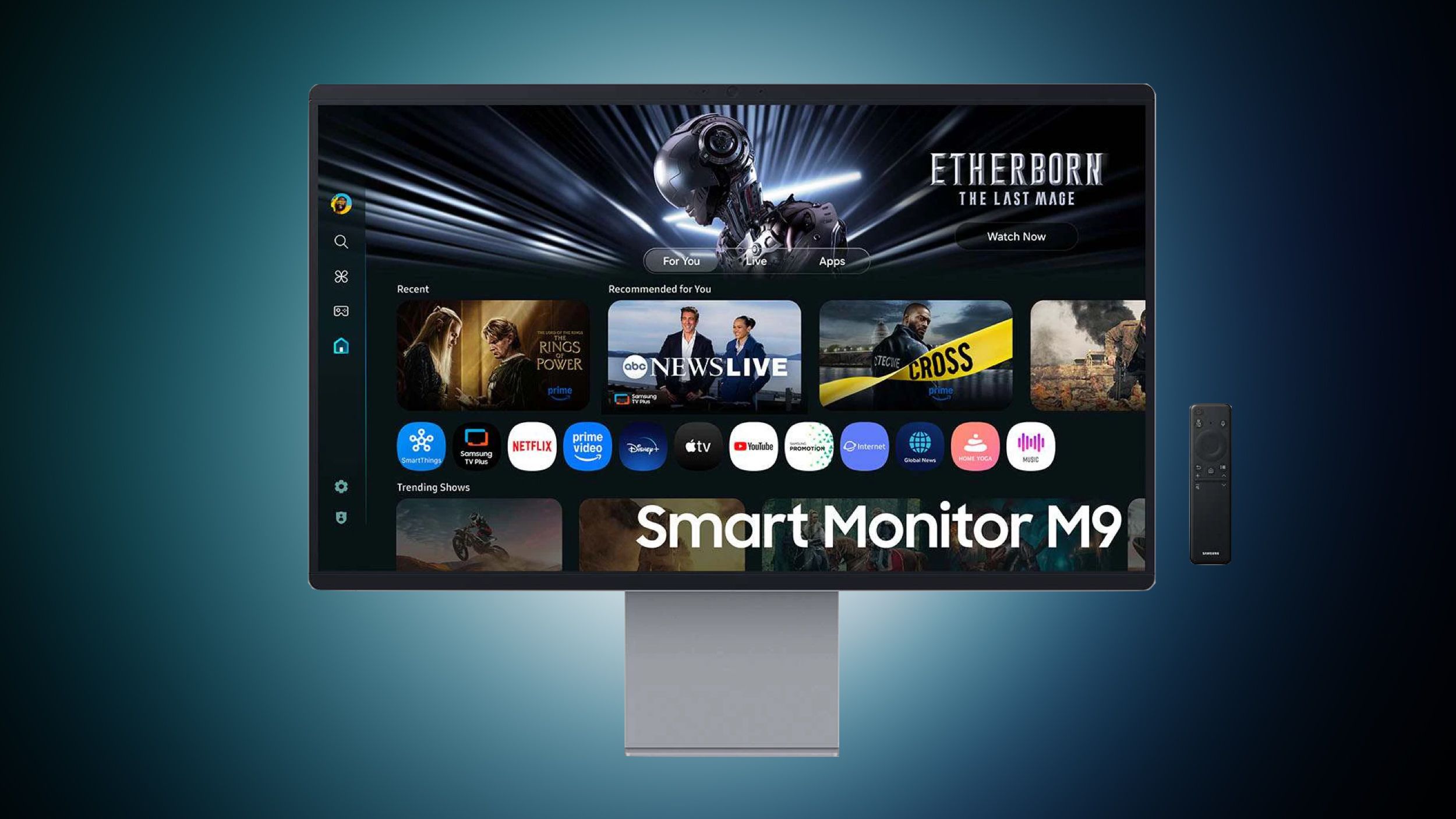Shares of Chinese self-driving car startup Pony.ai fell 7.7% below their issuance price following the company’s debut on the Nasdaq stock exchange on Wednesday, as it notched a valuation of $5.25 billion in its long-awaited US initial public offering (IPO).
Why it matters: Pony.ai is one of the few companies with a Chinese background that has taken a similar approach to Waymo, Google’s self-driving car project, relying on an array of enabling technologies, particularly lidar sensors, to help cars navigate the world. It is backed by Toyota, the Canadian pension fund Ontario Teachers, and HongShan, Sequoia Capital’s former China unit.
- However, public and investor confidence has been undermined by their moonshot strategy of looking to commercialize truly autonomous vehicles—one without a driver behind the wheel—which is taking longer and costing more than expected to become a reality. Investors wiped more than $3.25 billion from the market valuation Pony.ai achieved back in 2022.
Details: Pony.ai’s depositary shares debuted on the Nasdaq at $15% per share, above its offering price of $13, and even jumped 15% during initial trading, but finally fell 7.7% to $12 by the bell Tuesday. Shares slightly increased about 2.8% in after-hours trading.
- The China and US-based company raised a combined $413.4 million in its IPO and a concurrent private placement. By comparison, rival WeRide’s US IPO and private placement raised $440.5 million and shares rose 6.8% to close at $16.55 apiece on Oct. 25.
- Pony.ai co-founder and chief executive James Peng called the share sale a “pivotal moment” in the commercialization of its autonomous driving technologies, after navigating the industry through various cycles over the past eight years, according to a statement.
- Co-founded in 2016 by Peng and Lou Tiancheng, two former engineers at search engine Baidu, Pony.ai is still a long way from breaking even, reporting a net loss of $93.9 million for the first nine months of this year. It operates an expanding fleet of 250 robotaxis and 190 robotrucks for passenger and freight transport in China.
- The autonomous ride-hailing service accounted for only 11.9% of Pony.ai’s total revenue of $39.5 million earned as of September this year. The firm has also been piloting self-driving freight deliveries in China, providing a major source of income with revenue of $27.4 million over the period.
Context: Pony.ai’s public debut comes against the backdrop of an increasingly divided autonomous driving industry, as many are shifting their focus towards practical businesses such as assisted driving functions, and the concept of artificial intelligence-defined vehicles is currently capturing considerable attention.
- Tesla has been a strong advocate of an end-to-end AI strategy, using neural networks and getting rid of sensors and high-definition maps for its advanced driver assistance system (ADAS), the Full Self-Driving (FSD).
- Some argue such enabling technologies are essential for safety reasons, though their use has been deemed as prohibitively expensive in some cases. Cheaper options are in the pipeline however—a lidar unit could start at less than $200 next year, representing a 50% cut from this year, founder of Chinese lidar supplier Hesai recently told Reuters.
READ MORE: Chinese companies take on Tesla’s Full Self-Driving with non-lidar approach, end-to-end AI
Related










